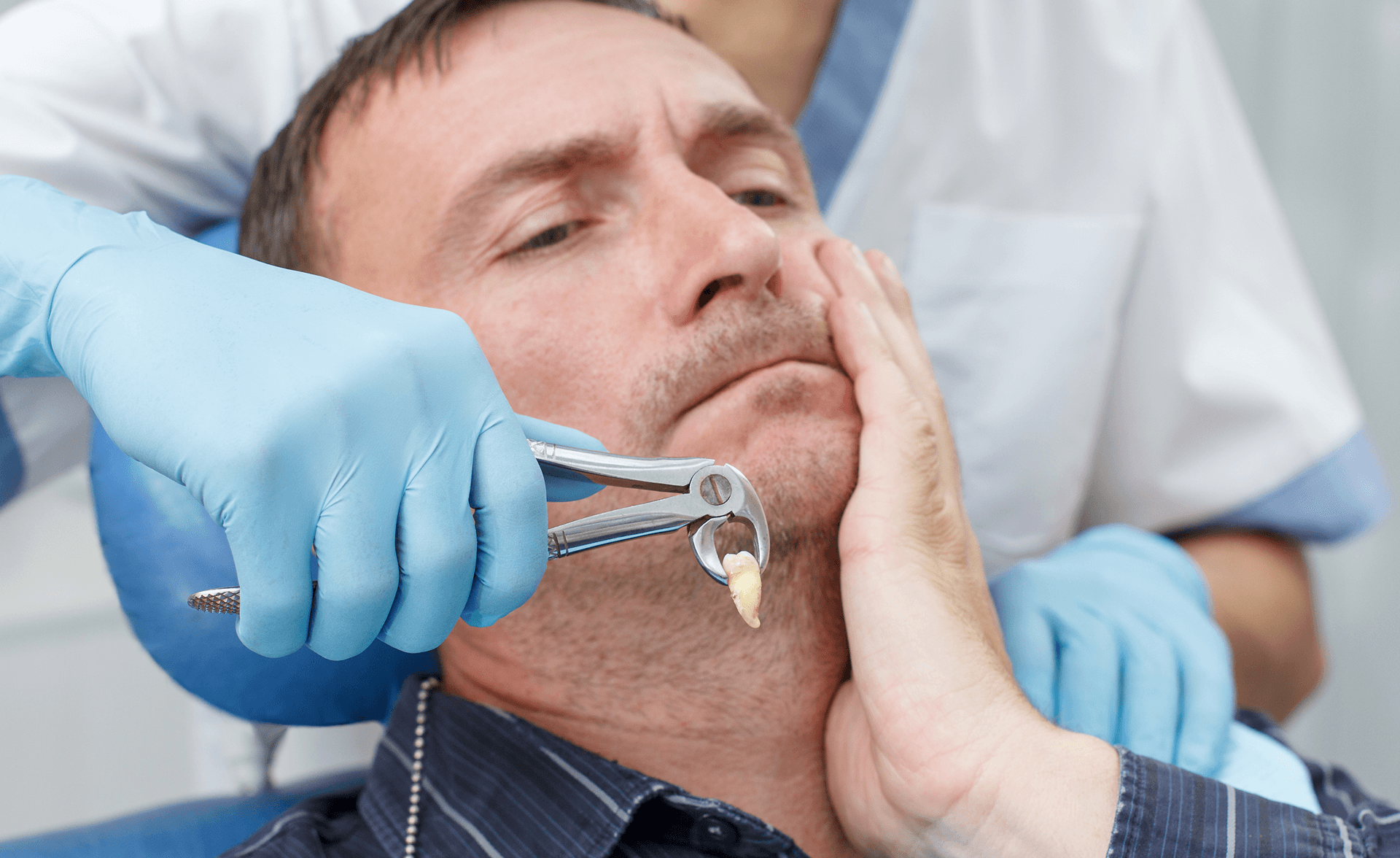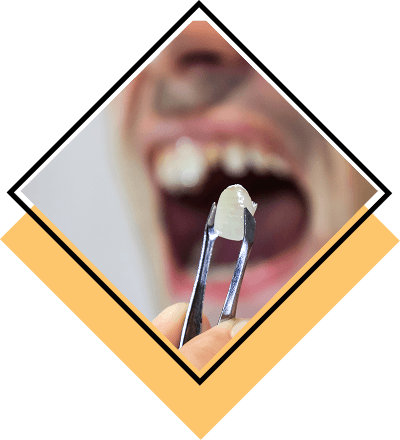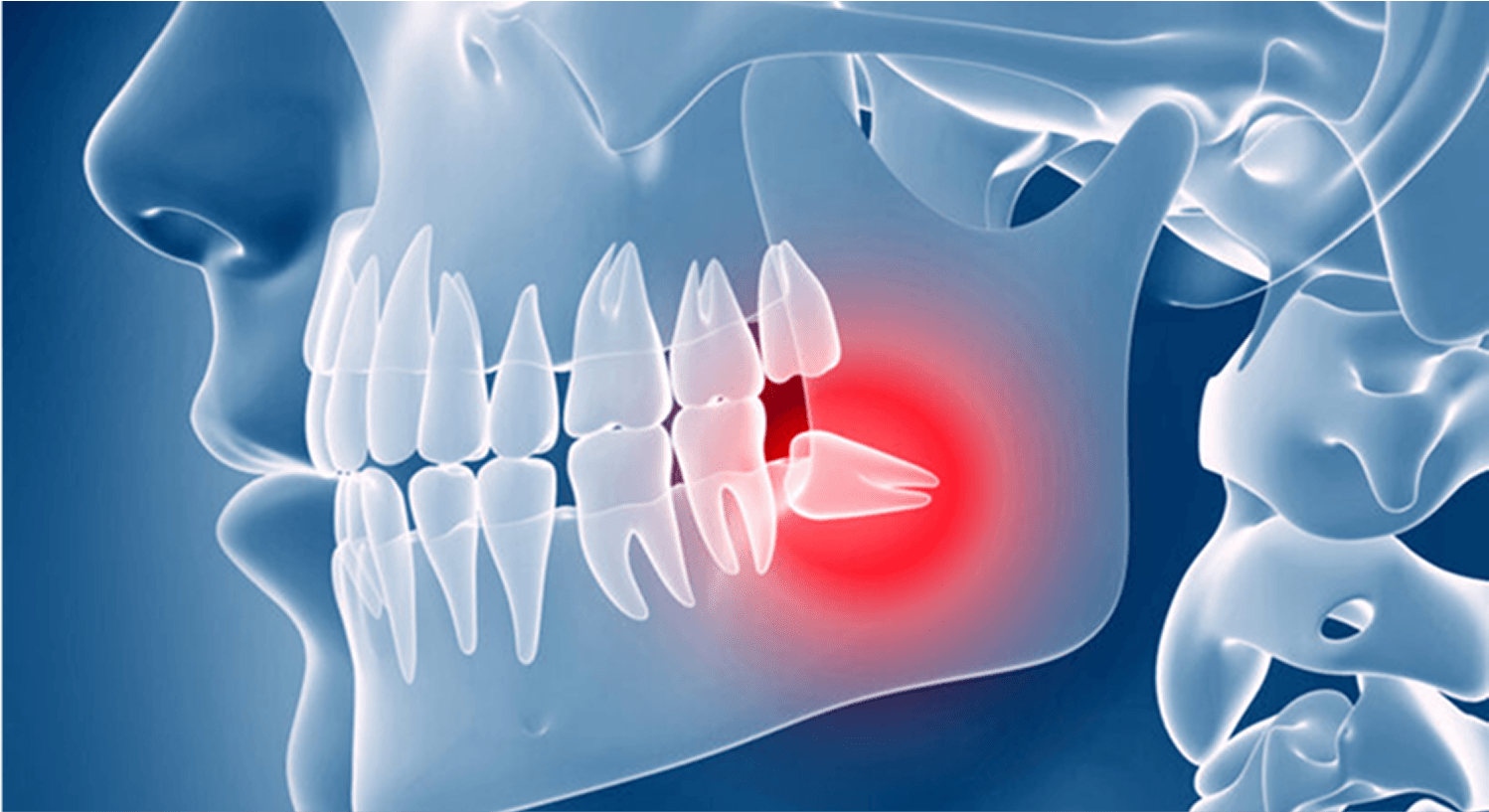

Wisdom Tooth Extraction - Union City, CA
Wisdom Tooth Extraction
Extraction of the back molars may sound frightening, but it is a simple surgery that may give your smile a good start in the years to come.
Schedule Your Appointment
Is your wisdom tooth troubling you?
Wisdom tooth extraction is a surgical operation to remove one or more wisdom teeth — the four lifelong adult teeth located in the rear corners of your mouth on the top and bottom. The dentist advises removing wisdom teeth in most cases because they cannot develop properly and cause discomfort, infection, or other dental issues. Oral surgeons and dentists are both capable of removing third molars. Even if impacted teeth aren't creating difficulties, some dentists and oral surgeons advocate wisdom tooth removal to avoid future issues.

Wisdom tooth extraction is a surgical procedure to remove problematic molars, typically advised by dentists and oral surgeons for potential discomfort, infections, or future dental issues.

Problem?
The most common cause for removing them is:
Due to their location, wisdom teeth may not erupt regularly. Your jawbone or gums might get infected if they become lodged there.
They're crooked and may irritate the gums around your teeth.
Your mouth is too small. There is no place in your jaw for an additional pair of molars.
In some cases, you may develop gum disease or cavities. You may not be able to brush or floss around your wisdom teeth.


Pre-Extraction:
The operation can be done in your dentist's office. When an oral surgeon is needed, your dentist may refer you to one of the teeth that is severely damaged or if the extraction requires a significant amount of surgical intervention. To make the patient comfortable, the following options are available:
A local anesthetic injection before extraction.
Your dentist or surgeon may give you a sedative if you're nervous—usually, an arm injection.
Wisdom tooth removal seldom requires general anesthesia. Rarely used in-hospital procedures. However, you should be able to leave home the same day.

Pre-Extraction:
A local anesthetic injection before extraction.
Your dentist or surgeon may give you a sedative if you're nervous—usually, an arm injection.
Wisdom tooth removal seldom requires general anesthesia. Rarely used in-hospital procedures. However, you should be able to leave home the same day.

Extraction Procedure:
An incision in the gum is necessary if the tooth hasn't broken through the gum yet. The surgeon will cut the tooth into smaller pieces to facilitate extraction through the incision. When a tooth breaks through the gum, a smaller incision is needed. Before removing the tooth, your dentist or oral surgeon will need to rock the tooth back and forth to expand the socket in your mouth. The region around your wisdom teeth will be numbed, so you shouldn't experience any discomfort during removal. If you experience any pain, alert your dentist or oral surgeon so that they can provide more anesthetic if necessary. To be sure, the time it takes to pull out the tooth will be different for everyone. Simple operations require a few minutes, but more complex procedures might take longer than 20 minutes.
After Extraction:
If you're awake and have a local anesthetic, you may be able to drive home. General anesthesia or sleepiness requires a ride home. Most post-op patients report minimal pain. You'll experience discomfort and inflammation for 3-4 days, but full recovery may take a few weeks. Make sure you follow your doctor's orders exactly to speed up your healing. Here are a few pointers for the first three days following surgery:
Use an ice pack to reduce swelling and skin discoloration.
Sore jaw? Apply moist heat.
Exercise your jaw by opening and closing your mouth.
Consume a diet of softer foods like pasta, rice, or soup.
Hydrate

Results:
After your wisdom teeth extraction, it may take a week or so to settle back into a routine, but you'll soon be able to smile without discomfort! You won't need to visit your doctor right after extraction if there are no chronic infection symptoms, nerve injury, or other disorders such as swelling, numbness, or bleeding. Make sure to keep up with your regular dental appointments so your dentist can monitor the progress of your wisdom teeth.
